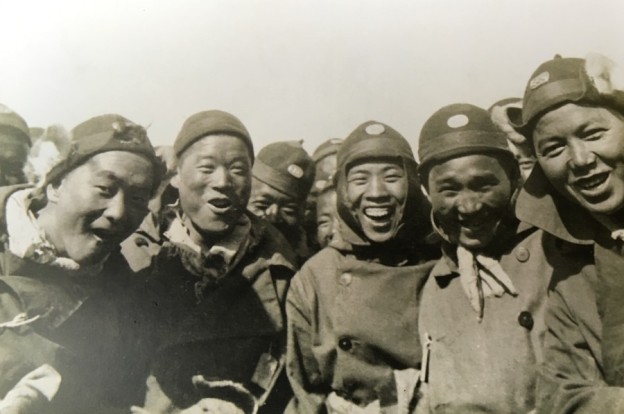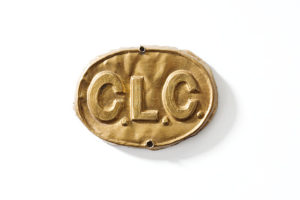
One hundred years ago, up to 100,000 Chinese labourers joined the British ranks in World War I to provide logistical support. Sent on a gruelling three-month journey to Europe, the bewildered labourers were set to work digging trenches, building docks, laying tracks, unloading ships and repairing tanks. The “Forgotten of the Forgotten”, their history has been all but wiped from memories of the war. In this centenary year of the Great War, people are campaigning for their legacy to be remembered.
At the outbreak of World War I, China immediately declared its neutrality, although secret talks are known to have taken place, with China having offered manpower in return for regaining control of Shandong Province, which was occupied by Imperial Germany. Chinese offers to the British were rejected as a result of their interests in the region, however the decision was overturned after the huge loss of life suffered in the early years of the War. The Chinese Labour Corps (CLC) joined the British to free up soldiers to fight on the frontlines. In total over 140,000 Chinese labourers joined the Allied war effort, with by far the largest contingent joining British ranks.
By 1919, it is estimated that Chinese workers had repatriated savings of over £6m (around £400m today), but this is of little consolation to the families of the forgotten heroes, many of whom never got to know the part their relatives played in the conflict. Their history was wiped from records, often quite literally – some records were destroyed during the Blitz of World War II and their place on a commemorative mural in Paris was given instead to the United States after they joined the war effort.
Hailing from remote farms throughout China, many of the workers thought they had arrived in Europe when they reached the tall buildings of the Bund in Shanghai. Little did they know, this was just the beginning of an arduous journey in which many would never return.
After 500 workers died when a German submarine sank the French passenger ship Athos – an event which ended China’s neutrality in the conflict – Chinese workers were transported by secretive six-day train journey across Canada to avoid land taxes. “They were herded like so much cattle in cars, forbidden to leave the train and guarded like criminals”, wrote the Halifax Herald in 1920 after press censorship had ended. From Canada, they journeyed by ship to Liverpool, then train to Folkestone, and then on to France and Belgium where they lived in labour camps. China had hoped that by sending logistical support for the war, it would be afforded a place at the post-war negotiating table.

Treatment of the workers was so bad that in 1917 China set up a Bureau of Overseas Chinese Workers to handle their grievances. Compensation was granted after intervention by Beijing for cases of blindness, deafness and “incurable insanity”. In another instance, there were protests that the French government was feeding horsemeat to the Chinese workers.
Working 10-hour days and seven-day weeks, the CLC were granted only three holidays per year – one of which was Chinese New Year. After Allied soldiers travelled home at the end of the war, many CLC members stayed on to dig graves, re-bury the dead in new war memorial cemeteries, and to help rebuild the lands that had witnessed so much bloodshed.
With the distribution of six million war medals to those who had contributed to the British war effort at the end of the War, the CLC received only bronze, numbered medals in place of named silver, personalised medals. Although they were not the only workers whose roles are often forgotten in World War I memorials; with people from India, Egypt and South Africa, among others joining the effort, the CLC were the largest and longest-serving non-European labour contingent in the War, a fact that makes their almost forgotten legacy even more shocking.
There is no tribute to the CLC among Britain’s 40,000 war memorials and no descendants of the workers in Britain today, as they were refused any right to settle post-war. Their story lies forgotten, but in this centenary of the Great War, the Heritage Lottery Fund in the UK through the Meridian Society‘s Chinese Labour Corps Project is offering education workshops aimed at raising awareness of their contribution.
Furthermore, Ensuring We Remember is a national campaign that has been started to petition for a permanent war memorial to the CLC in Britain.
Please click the following download links for the upcoming CLC events in the UK: Folkestone Programme of CLC Events & The Chinese Labour Corps – Celebrating the New Year in Folkestone.






















